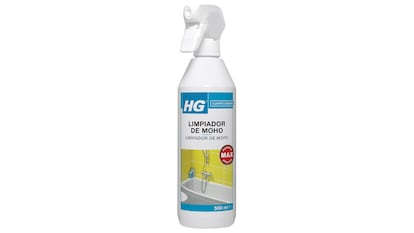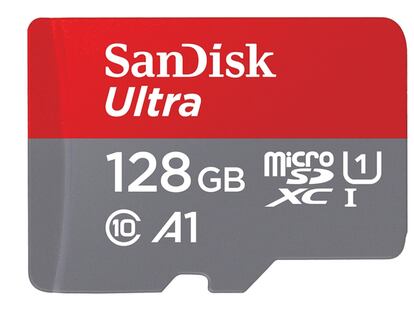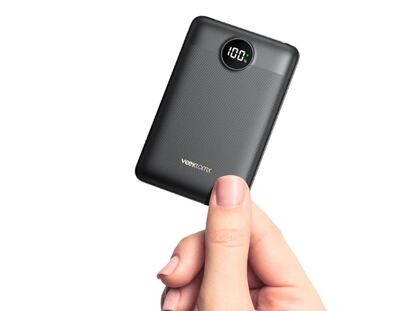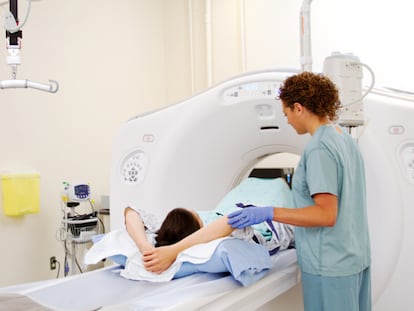Cable en el que la Embajada en Argel analiza el tr¨¢fico de drogas en Argelia
| ID: | 237588 |
| Date: | 2009-12-02 11:54:00 |
| Origin: | 09ALGIERS1071 |
| Source: | Embassy Algiers |
| Classification: | CONFIDENTIAL |
| Dunno: | 09SECSTATE105731 |
| Destination: | VZCZCXYZ0006 PP RUEHWEB DE RUEHAS #1071/01 3361154 ZNR UUUUU ZZH P 021154Z DEC 09 FM AMEMBASSY ALGIERS TO RUEHC/SECSTATE WASHDC PRIORITY 8182 INFO RUCNMGH/MAGHREB COLLECTIVE |
UNCLAS ALGIERS 001071 SENSITIVE SIPDIS E.O. 12958: N/A TAGS: AG, PGOV, PINS, SNAR SUBJECT: DRUG TRAFFICKING IN ALGERIA REF: SECSTATE 105731 This message is sensitive but unclassified. Please handle accordingly. Summary ------- 1. (U) Algeria serves as a transit point for drug trafficking, both for cannabis and cannabis resin from Morocco, and increasingly for South American-origin cocaine and heroin, which both transit Algeria to Europe. Algeria's long, remote and difficult-to-secure borders facilitate the drug trade and the ability of terrorists in Algeria to benefit from it. End summary Smuggling Routes ---------------- 2. (SBU) The majority of drugs trafficked through Algeria consists of cannabis and cannabis resin that enters from Morocco and departs the country from northern coastal cities, often in private boats. Some is consumed in Algeria, and there is some cannabis cultivation here as well. Previously, these narcotics moved directly from Morocco to Spain, and from there to other European countries. Responding to Spanish government measures in the last three to four years to stem the flow from Morocco, smugglers are attempting to reroute their drugs through Algeria. Most seizures of cannabis and cannabis resin take place in the wilaya of Bechar, along Algeria's western border with Morocco. 3. (SBU) There has been a recent and rapid growth of South American-origin hard drugs that enter West Africa and then transit Algeria for Europe. Cocaine and heroin originating in Columbia, Bolivia, or Brazil is transported to Mauritania, Senegal, or Burkino Faso by private jet and then smuggled on to Algeria, sometimes via Mali. Cocaine or cannabis is sometimes also transported by illegal migrants entering Algeria from the south and seeking to finance their journeys north. 4. (SBU) Drug smuggling is common along the southern desert borders of the Algerian Sahara, where security services have difficulty securing the lengthy and porous frontier. Smuggling of hard drugs along this southern route is coming to involve far greater amounts of money than the cannabis trade in the north of the country. The Algerian cities and ports of Bechar, Oran, Algiers, Bejaia, Setif, and Annaba act as hubs for drug traffickers. These drugs are then transported by high-speed boat to southern European countries like France, Spain, Italy, or Malta by land or sea to other Arab states along the Mediterranean like Tunisia, Libya, Egypt or Lebanon. Ties to Terrorism ----------------- 4. (SBU) Drug trafficking in Algeria is part of the larger phenomenon of cross border smuggling and general lawlessness in some regions of the far south and west of Algeria. Embassy believes that narcotics are a small part of the range of goods smuggled in the south that include vehicles, cigarettes, weapons and ammunition, fuel, and people. 5. (SBU) Algerian officials believe that branches of al-Qa'ida in the Islamic Maghreb (AQIM) operating in the far south of Algeria near the borders with Mali and Mauritania exert significant influence over smuggling and work with local criminal gangs that smuggle drugs and other contraband. Algerian law enforcement officials say that narcotics smuggling finances terrorist activities and weapon purchases and that terrorists also launder the proceeds from drug smuggling. However, these officials do not provide examples of drug proceeds financing terrorist organizations or activities. They say that terrorist leaders use hard drugs to aid religious indoctrination and often distribute them to recruits, sometimes without their knowledge, to persuade them to carry out violent attacks. Low Level Corruption -------------------- 6. (SBU) There are periodic reports of low-level drug-related corruption involving police, military and customs officers. Currently, there is no direct evidence of participation by high-level security or executive/judicial branch officials in drug trafficking. Government Efforts to Stem Drug Trade ------------------------------------- 7. (SBU) The Algerian government is acutely aware of the threat of cross-border crime in all its forms, has augmented security forces devoted to the problem and created specialized law enforcement units, and has seen a steady rise in drug-related criminal prosecutions and investigations over the past two years. The highest counternarcotics agency is the National Office for the Fight Against Drugs and Addiction, within the Ministry of Justice. The government has provided new equipment and training, particularly to the National Gendarmerie, Customs, and Border Patrol. Algerian government officials have participated in drug-enforcement training in European countries like Germany and France, and in turn, trained Algerian civil organizations on how to build domestic projects to address drug-related problems. 8. (U) The Office of International Cooperation, within the National Office for the Fight Against Drugs and Addiction, collects and analyzes information, coordinates public and private anti-drug efforts, reports to senior levels of the Algerian government, and represents Algeria at the international level on all things drug related. Algeria also is a member of Med Net, a network of Mediterranean countries established in 2006 to address drug trafficking in the region. Drug Treatment Facilities ------------------------- 9. (U) Drug use in Algeria is currently not of a level that affects large sectors of public health. However, the government has established two drug treatment centers in Blida and Oran with 30 rooms each, which include hospitalization facilities and three-week treatment programs. Over the past nine years, the facilities have treated about 25,000 patients. The government plans to establish 15 new centers with hospitalization facilities throughout the country. By 2010, it plans to have opened 53 outpatient facilities, with at least one center in each of Algeria's 48 wilayas, for which funding has already been allocated. More than 150 doctors have received drug treatment training. JORDAN |
Traducci¨®n autom¨¢tica. Puede que el texto traducido no sea fiel al original
Tu suscripci¨®n se est¨¢ usando en otro dispositivo
?Quieres a?adir otro usuario a tu suscripci¨®n?
Si contin¨²as leyendo en este dispositivo, no se podr¨¢ leer en el otro.
FlechaTu suscripci¨®n se est¨¢ usando en otro dispositivo y solo puedes acceder a EL PA?S desde un dispositivo a la vez.
Si quieres compartir tu cuenta, cambia tu suscripci¨®n a la modalidad Premium, as¨ª podr¨¢s a?adir otro usuario. Cada uno acceder¨¢ con su propia cuenta de email, lo que os permitir¨¢ personalizar vuestra experiencia en EL PA?S.
En el caso de no saber qui¨¦n est¨¢ usando tu cuenta, te recomendamos cambiar tu contrase?a aqu¨ª.
Si decides continuar compartiendo tu cuenta, este mensaje se mostrar¨¢ en tu dispositivo y en el de la otra persona que est¨¢ usando tu cuenta de forma indefinida, afectando a tu experiencia de lectura. Puedes consultar aqu¨ª los t¨¦rminos y condiciones de la suscripci¨®n digital.
































































